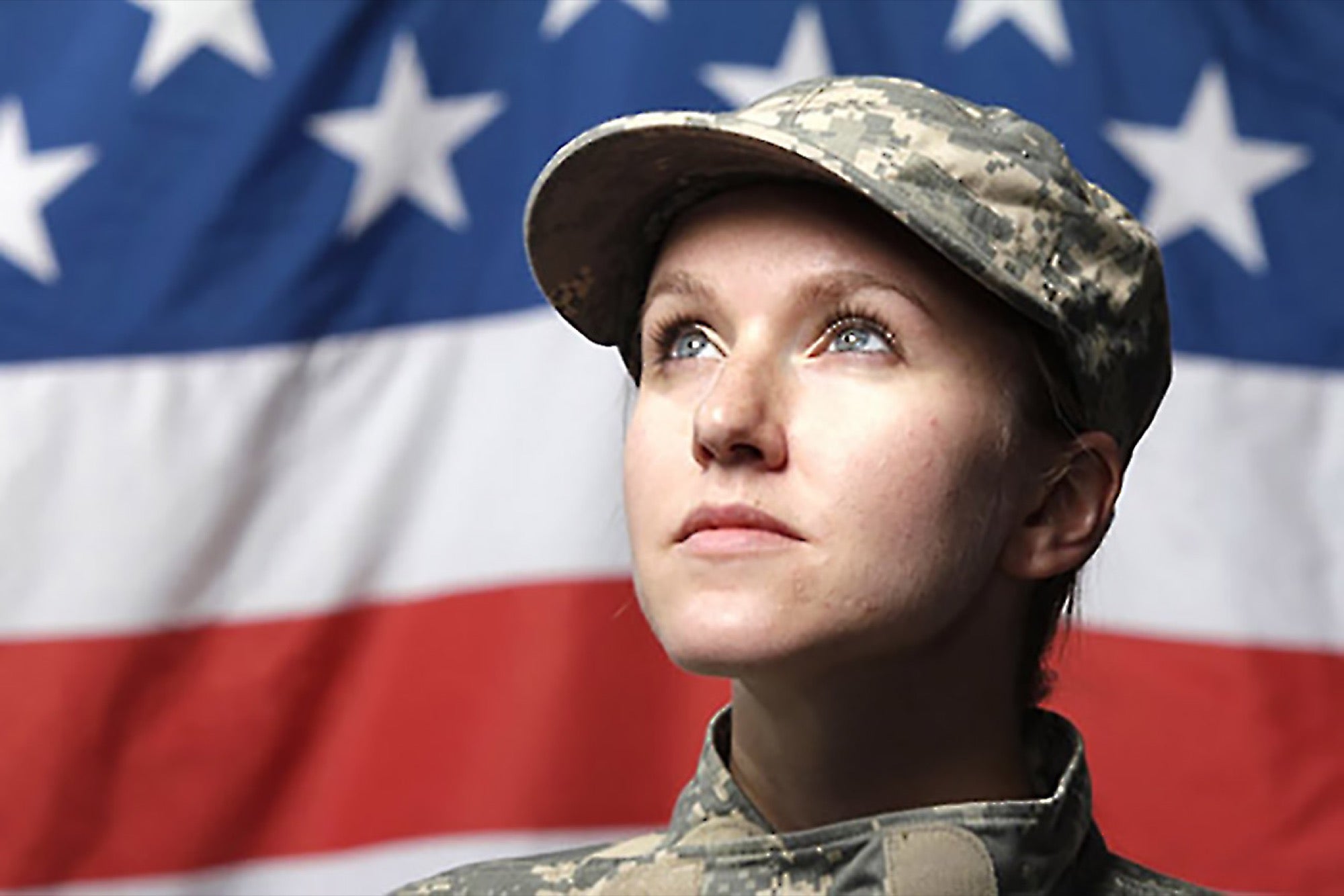Veterans Tackle the Challenges of Entrepreneurship New programs help veterans harness their unique skills -- including determination, creative problem-solving and risk tolerance -- to overcome the challenges of starting a business.
By Jeff Wuorio
This story originally appeared on Business on Main

Kevin Rosenberg's outdoor-gear rental and sales business had a modest and rather uncomfortable start.
Lacking the funds to build an effective website or lease retail space, Rosenberg started Gear to Go Outfitters with a stand on the often frigid streets of New York City.
For many entrepreneurs, the experience would have been more than enough reason to quit and scramble inside. But Rosenberg -- a Navy veteran who served in Iraq and other volatile regions -- had endured far worse.
"I remember many a freezing night at my street stand where, despite wearing multiple layers, I was so cold I was shivering," says Rosenberg, 39. "But I knew from my military experience that I could hack it."
What veterans and entrepreneurs have in common
Rosenberg's focus and grit aren't aberrations. Many veterans-turned-entrepreneurs cite their military background as a major force behind their success -- experience that manifests itself through determination and a commitment to creative problem-solving.
A 2011 Small Business Administration study found that veterans with 20 or more years of service had a higher level of self-employment than the civilian population. That same study found nearly 2.5 million businesses were owned by veterans.
So-called "vetpreneurs" consistently cite a culture of determination and a level of comfort in dealing with risk as characteristics that help them meet the difficult challenges of starting a small business. But the import of military service can go beyond a can-do mindset, says Crys Spelman, a Coast Guard veteran of the first Gulf War.
"Having been exposed to such logistical matters as a ship's navigator planning out search-and-rescue and law-enforcement missions, combined with [having] a background in hospitality-event management, really solidified my competencies going back into the civilian sector," says Spelman, 47, who runs CLS Publicity & Event Marketing in Los Angeles. "I saw the bigger picture and really learned to manage things more efficiently."
The challenges of starting up as a "vetpreneur'
But veterans-turned-business owners face their own share of challenges, like finding funding. Although there are programs specific to veterans — such as the Small Business Administration's Patriot Express Pilot Loan Initiative, which offers loans of up to $500,000 — raising necessary funds can still be as difficult as it is for any civilian entrepreneur. Says Rosenberg: "Veterans who have served just four years in the military usually leave with more leadership and problem-solving experience than most others do in their lifetime. But most civilians don't recognize this, especially loan officers."
Other challenges derive from the military experience itself. One is simple communication. "Service members are generally trained to communicate concisely, directly and often in a specific jargon," says Army veteran Drew Peneton, 31, who runs Boots to Suits, a Phoenix-based company that helps connect veterans to employment opportunities. "The typical civilian customer is not receptive to this type of communication. I had to adjust."
Another issue is that military training often leaves significant experiential holes. Richmond, Virginia, attorney Jim Wilson, who works with fellow veterans starting small businesses, points out that many vets have little or no experience in financial management or sales: "You have to convince a customer in sales. There's no convincing involved in a unit being deployed."
Attending boot camp … for entrepreneurship
But those and other potential problems veterans encounter as they try to launch their own businesses aren't being wholly ignored. Introduced at Syracuse University in 2007, the Entrepreneurship Bootcamp for Veterans With Disabilities (EBV) provides comprehensive, experience-focused training in small-business management to post-9/11 veterans with disabilities resulting from service. The program also sponsors a competition where participants can win grant money.
EBV was a "life changer," says Dali Rivera, a disabled Army veteran and 2010 graduate of the program. Two years later, Rivera opened The Maestro Blocks, a purveyor of handcrafted cutting boards and blocks.
"It taught me everything about starting a business," says Rivera, who's 33 and lives in Maryland. "It was everything from writing a business plan to raising funds to writing proposal letters to networking."
Rivera notes the program's training can also help veterans obtain essential funding. "We are not seen as just another number," Rivera says. "We are seen as people who happen to be veterans and who have certain skills, discipline and determination that civilian entrepreneurs may not have."
"If a veteran truly believes in something, he knows he can make it happen," adds Rosenberg. "We're used to improvising and doing whatever it takes to get the job done. We're used to the "fog of war,' so when things don't go according to our plans, we're unfazed. We just adapt our plans to the situation we're presented with."
For more information or resources on starting a business as a veteran, contact the Small Business Administration's Office of Veterans Business Development.










